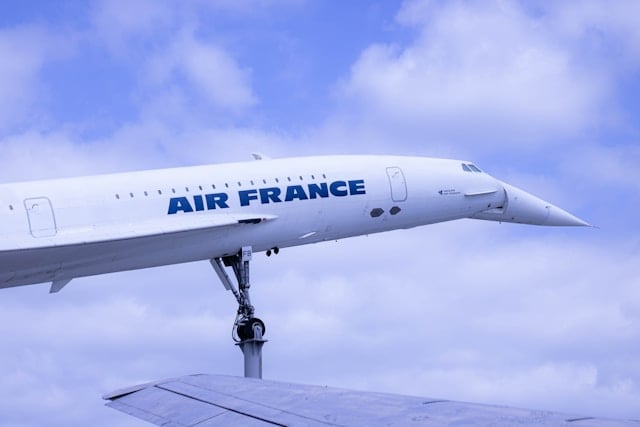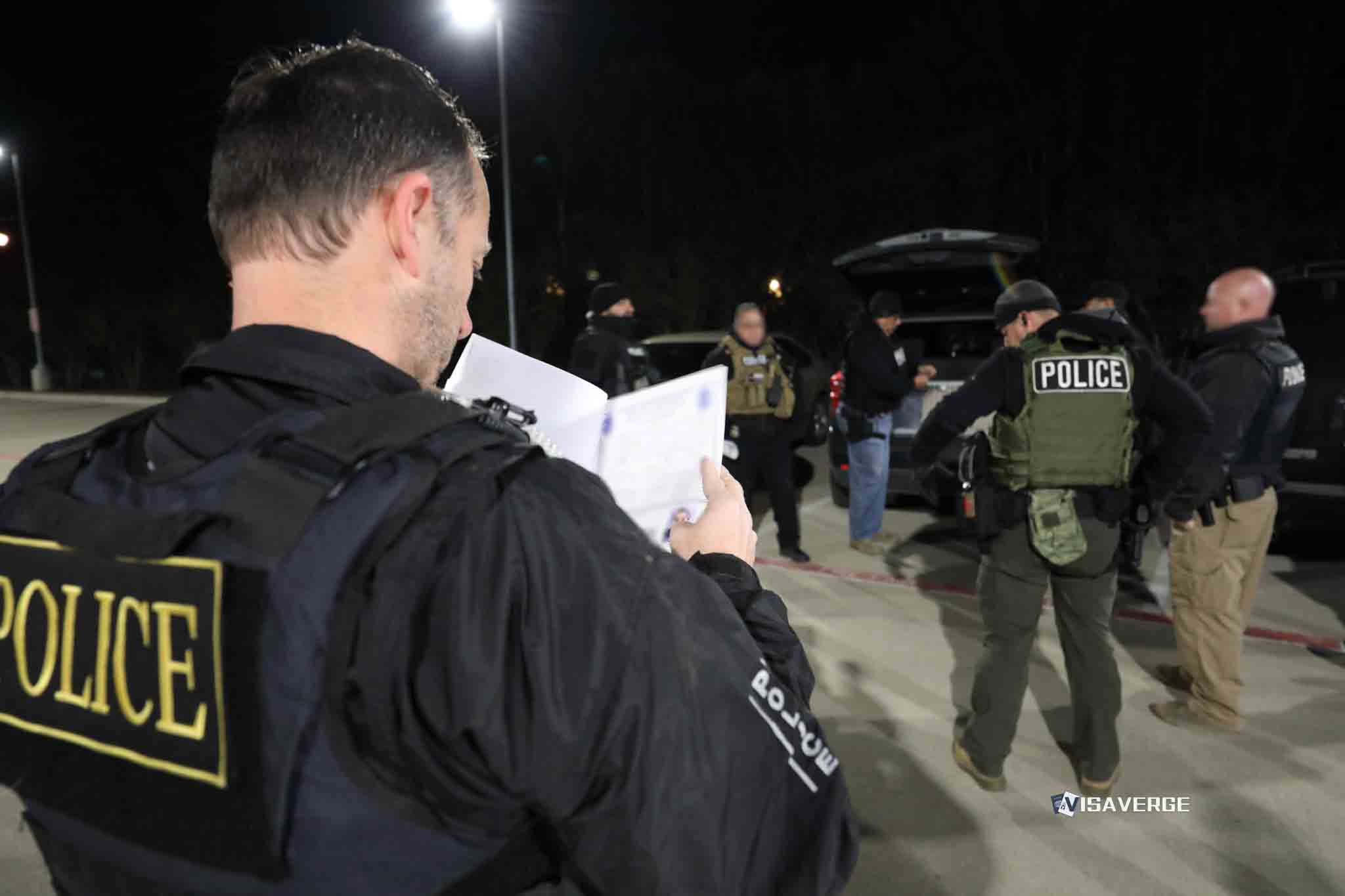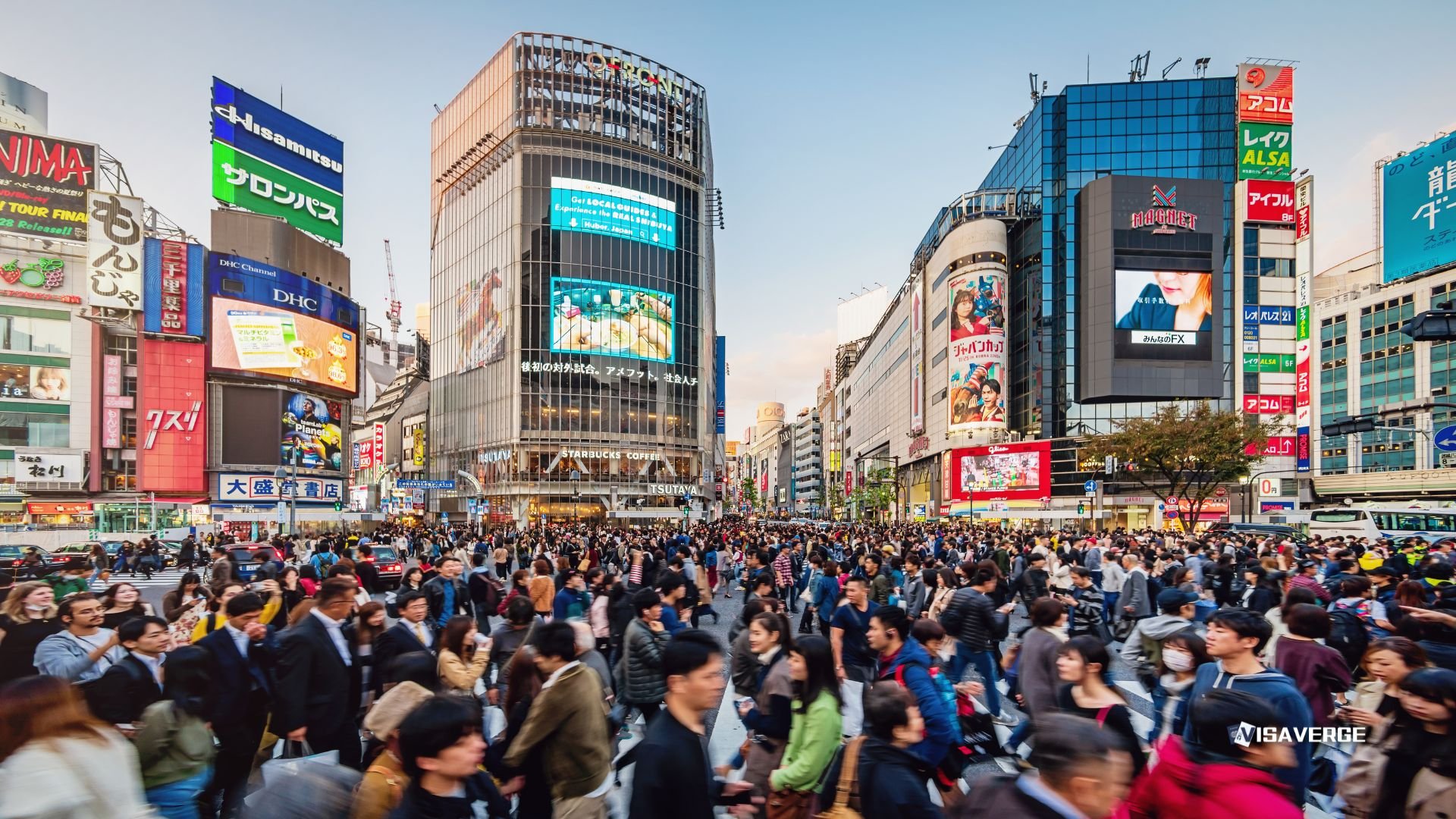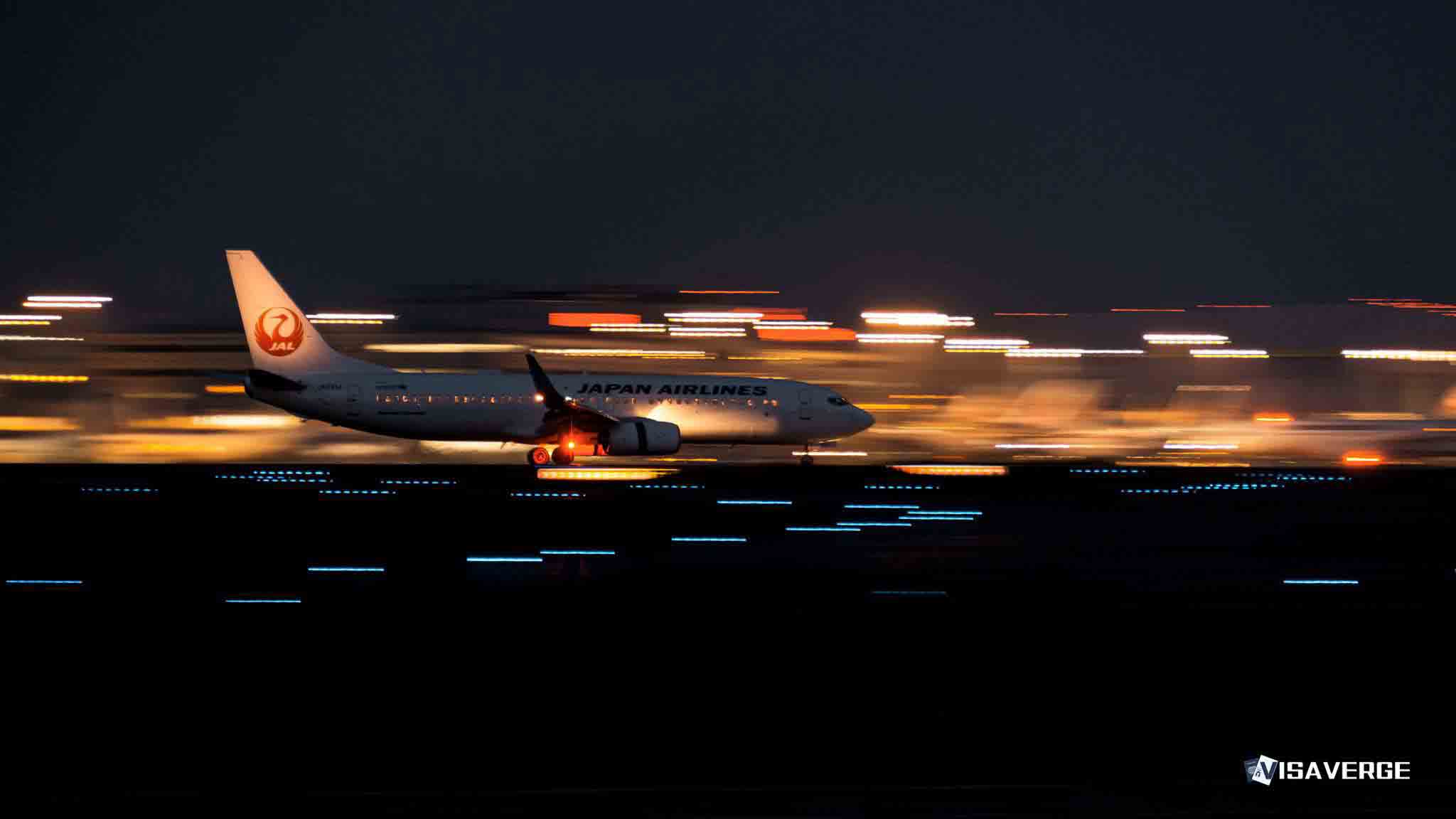Key Takeaways
• Air France delays Sahel flights to September 2025, conditional on political approval from Mali, Niger, and Burkina Faso.
• Suspension disrupts travel, increases costs, and hinders immigration and humanitarian missions between France and the Sahel region.
• Regional airlines attempt to fill gap, but uncertainty and strained diplomatic relations persist for direct connections.
Air France’s plan to resume flights to the Sahel states—Mali 🇲🇱, Niger 🇳🇪, and Burkina Faso 🇧🇫—has once again hit a roadblock. Passengers hoping to fly directly from Paris to these West African capitals will need to wait until at least September 2025, with that date still far from certain. The airline, which had suspended its routes in August 2023 in response to political upheaval and the closure of Niger’s airspace, continues to face challenges tied to political approval and security concerns. This latest postponement affects a wide range of travelers, businesses, and immigration stakeholders who depend on stable air links between France and the Sahel region.
Air France’s Postponement: What You Need to Know

Air France had once planned to restart its flights to Bamako, Niamey, and Ouagadougou in July 2025, but it has now set its sights on September 2025. Even this new timeline is subject to change, as it relies on local political approval—something that has proven hard to secure due to ongoing tensions between France and the military-led governments of the Sahel states.
This story matters not only for travelers but also for the broader West African diaspora, including people with family ties in the region, business travelers, and those seeking to return home or move between France and the Sahel for work, family reunification, or humanitarian reasons.
Let’s look at why these routes remain suspended, what it means for passengers, and how this affects people’s ability to move between Europe and these vital African countries.
Why Air France Flights Remain Suspended
Geopolitical Instability and Security Worries
The direct cause of the initial suspension was the coup in Niger in August 2023. Following the coup, Niger closed its airspace to foreign airlines. Soon after, Mali and Burkina Faso followed with their own restrictions, tightening the region even further. These airspace closures meant that airlines like Air France could no longer fly their usual direct routes safely. The political situation remains tense, and safety concerns have only increased since.
Diplomatic Issues Between France and the Sahel States
Relations between France and the current governments of Mali, Niger, and Burkina Faso are strained. Since the coups in these countries, new military leaders have taken power and grown suspicious of French involvement in the region. Decisions made by Air France must now wait for approval from these local authorities. Some permits granted by aviation officials have been revoked when it was found that they didn’t have full government support—showing just how much national governments are exercising their control.
Operational Challenges for Air France and Other European Carriers
It’s not just a matter of filing paperwork—there are real difficulties in flying safely and reliably over North Africa right now. Some countries like Libya and South Sudan pose their own risks for overflight, so even finding an alternative route is not easy. These disruptions continue to shape how Air France and other airlines can operate in the region.
The New Timeline: Will Flights Actually Resume in September 2025?
Air France has now provisionally set September 2025 as the return date for service to Bamako, Niamey, and Ouagadougou. But this date is not guaranteed. The company has stated clearly that flights will only return “if political approval is secured.” This adds a big “if” to any planning for travel, migration, or business involving the Sahel states over the next year.
Air France is not alone in this uncertainty. Other European carriers face similar hurdles, and the region’s unstable politics mean that many plans could still change with little notice.
The Human Impact: What It Means for Travelers and Immigrants
The continued break in direct flights has brought real disruption to families, workers, and students who rely on stable connections between France and these West African countries:
- Longer, Less Direct Journeys: Without direct flights, passengers must piece together multi-leg journeys, often traveling through other African or European countries. This makes travel longer, more expensive, and stressful.
- Higher Costs: When choices are limited, ticket prices rise. Travelers have reported paying much more than before for routes with extra stops and layovers.
- Barriers to Family Visits: The West African diaspora in France often depends on direct flights to visit family, attend important events, or care for loved ones. The suspension can put these vital connections on hold for months or years.
Additionally, the ongoing tension means those seeking immigration help—whether for work, family reunification, or humanitarian reasons—may face extra hurdles and delays in both travel and paperwork.
How the Aviation Industry and Regional Airlines Are Responding
With Air France still grounded, local and regional airlines have emerged to fill part of the gap, though they may not offer the same frequency or direct service as major European carriers. Travel agents in the region have noted both challenges and opportunities arising from the situation.
- Regional Carriers Stepping Up: Some carriers based in nearby African countries are offering alternative routings, helping to keep the region connected even with European airlines absent.
- Possible New Routes: As reported by VisaVerge.com, these changes may push the growth of new connections both within West Africa and to other international destinations, even if they don’t completely replace the lost Air France flights in terms of speed or convenience.
Still, the overall picture is one of uncertainty. For now, many travelers face longer journeys and must plan further in advance.
The Broader Context: Why the Sahel States Matter
Mali, Niger, and Burkina Faso are at the heart of the Sahel, a strip of countries that runs across Africa just south of the Sahara. Each of these nations is part of the Alliance of Sahel States (AES), an organization formed to address security, economic, and cultural issues unique to the region. French ties to the Sahel go back decades—France has deep historical and economic connections, and a large number of people from the Sahel live and work in France 🇫🇷.
Because these connections are so important, disruptions in travel can have effects far beyond missed flights:
- Trade and Business: Companies that rely on moving goods or people between France and West Africa see increased costs and slowed operations.
- Education and Exchange: Students sometimes struggle to reach universities or training programs in France, or to go home to visit their families, making it harder to complete studies.
- Humanitarian Work: Aid workers and humanitarian groups trying to reach the region must now look for alternative routes, often adding days or more to their journey.
These disruptions also affect the flow of people immigrating or returning to the region, including those with dual citizenship or refugee status.
The Role of Political Approval
One of the main sticking points for Air France is the need for political approval from the authorities of each Sahel state. No matter how ready the airline is, it cannot resume service without clear, official permission from each government. This has proven complicated:
- Cancelled Authorizations: In Mali, authorities recently canceled some approvals after learning they had been issued without full government consultation. This move made clear that every decision on flights must pass through the highest levels of national authority.
- Sovereignty and National Pride: Governments in the Sahel have been clear that they want to assert their control over airspace and decision-making—especially when it comes to relations with countries outside the region, such as France.
As a result, each step towards resuming flights comes with extra paperwork, more negotiations, and, most importantly, trust-building between the countries involved.
A Quick Look: Where Air France Flights Stand
Here is a simple summary of the status of flights to major cities in the Sahel region:
| City (Country) | Suspension Date | Planned Return | Most Recent Update | Permission Needed |
|---|---|---|---|---|
| Bamako (Mali 🇲🇱) | August 2023 | July 2025 | Now September 2025* | Yes, pending |
| Niamey (Niger 🇳🇪) | August 2023 | July 2025 | Now September 2025* | Yes, pending |
| Ouagadougou (Burkina Faso 🇧🇫) | August 2023 | July 2025 | Now September 2025* | Yes, pending |
*Note: All returns are subject to further postponement depending on how political relations evolve.
This table shows just how uncertain the situation remains. Until there is more political agreement, no airline can give firm guarantees.
The Immigration Angle: What Should People Expect?
For anyone needing to travel between France and the Sahel states for immigration or visa reasons, these delays pose real challenges. Embassies and consulates continue working, but trips to collect documents or attend interviews may require more time, money, and flexibility. Work permits, study visas, and family reunion applications may move more slowly if people cannot travel as planned.
For the most up-to-date details about traveling to or from these countries, checking with official French government sources—such as the French Ministry for Europe and Foreign Affairs—is highly recommended.
Different Points of View on the Suspension
Not everyone sees the delay the same way:
- Travelers and Diaspora Members: Most are frustrated, facing higher costs, more transfers, and harder-to-reach destinations.
- Regional Airlines and Travel Agents: Some see a chance to attract new customers, even as overall numbers drop.
- Governments in Mali 🇲🇱, Niger 🇳🇪, and Burkina Faso 🇧🇫: These leaders may welcome extra control over airspace but risk making travel more difficult for their own people.
All agree that a long-term solution requires improved trust and better cooperation between France and the Sahel states.
What Happens Next?
For now, anyone planning to travel between Paris and these West African capitals must make backup plans and prepare for possible changes. Airlines, passengers, and immigration professionals all hope for more stability, but given the ongoing diplomatic rifts and regional unrest, travelers may face continued disruptions well past September 2025.
If you or your loved ones are affected by the Air France suspension or by the closed borders in the Sahel states, staying in touch with airlines, embassies, and official travel advisories will be key. Regional alternatives for travel may grow stronger, but they cannot fully replace the comfort and speed of direct connections.
In summary, Air France’s flight resumption to the Sahel states stands as a stark reminder of how linked the world’s airlines, governments, and people have become—and how quickly political disputes can ripple through the entire immigration and travel process. Whether this delay lasts a few more months or stretches on for years, travelers and migrants must stay flexible and alert to official updates, hoping for a time soon when borders and skies are open again.
Learn Today
Sahel states → Countries in West Africa, including Mali, Niger, and Burkina Faso, known for political instability and specific security challenges.
Political approval → Permission required from local government authorities, often affecting international airline operations due to diplomatic or security reasons.
Diaspora → A population living outside their country of origin, maintaining connections with homeland—here, West Africans in France.
Airspace closure → A government action that prohibits flights from entering or crossing its airspace for security or political reasons.
Humanitarian reasons → Travel or migration motivated by the need to assist or reunite with vulnerable people affected by conflict, disaster, or crisis.
This Article in a Nutshell
Air France’s direct flights to Mali, Niger, and Burkina Faso have been delayed again to at least September 2025. Ongoing political instability, strained diplomatic relations, and security concerns keep these Sahel routes suspended. Passengers face longer, costlier journeys, while regional airlines try to bridge the gap, but uncertainty still dominates.
— By VisaVerge.com
Read more:
• Algeria halts Mali flights, stirring tensions in the Sahel
• Qatar Airways and Algeria Expand Horizons with New Air Services Deal
• Tracing the Impact and Legacy of the Smoot–Hawley Tariff Act
• France Airport Transit Visa Guide: Air & Seafarers Info
• Czech Republic Transit Visa: Application Guide & Requirements













